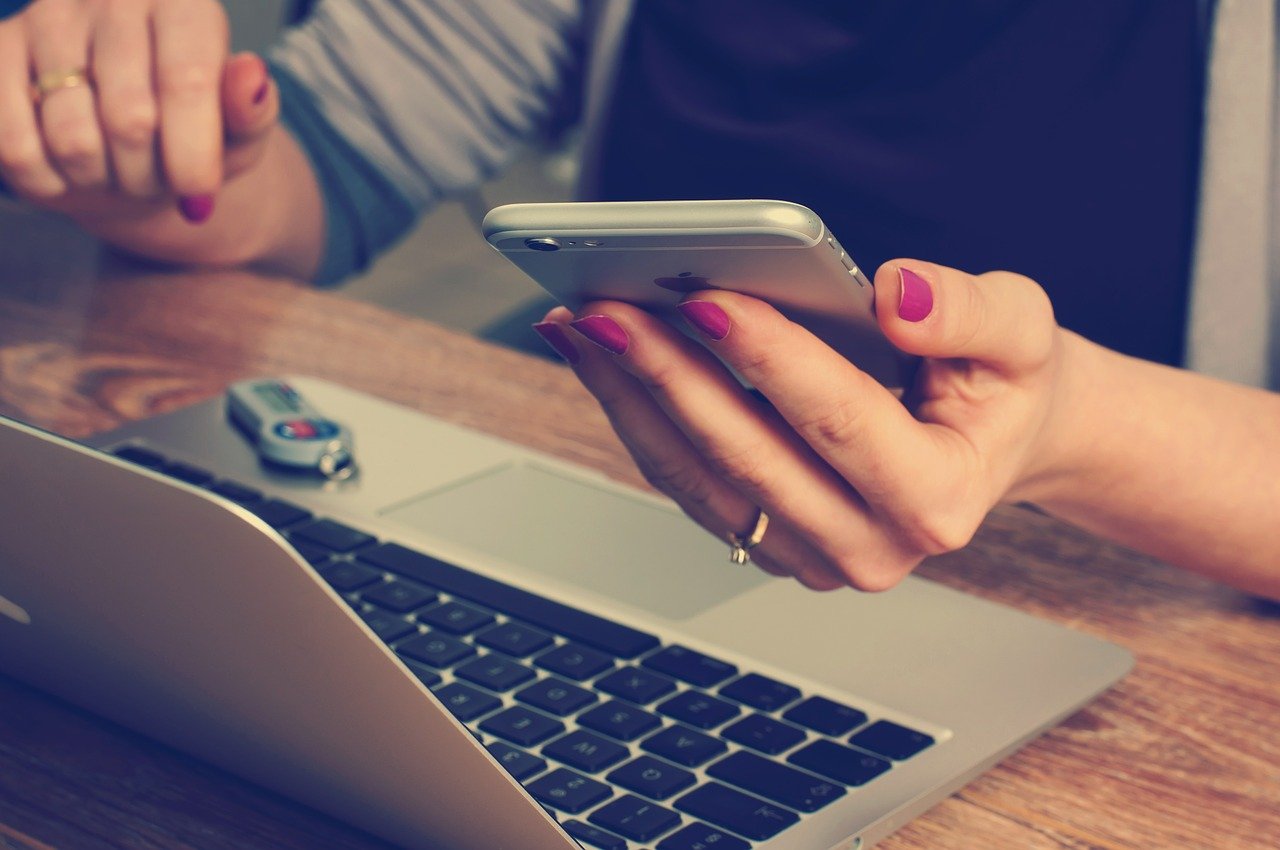Technology in all forms comes with upsides and downsides, both at work and at home. How do we make sure the upsides outweigh the downsides? How do we reduce the adverse effect on our mental wellbeing?
When we connect with people it positively affects our wellbeing. Notwithstanding distance and cycles of forced isolation, today it is easy to stay connected to friends, family and the business world through technology. Face-to-face meetings means video conferencing. Sealing a deal means sending contracts to inboxes.
Because technology makes us more accessible, in addition to picking up the phone, people can easily reach us. On the surface this is good. But there’s also a downside. University of Rhode Island Professors Sue Adams and Tiffani Kisler reminds us that technology can zap our time, energy and attention. We can feel compelled to immediately respond to business colleagues and friends who message us at any time.
Technology and Mental Wellbeing
Organizations might believe there’s added value from the always-available employee. Deloitte research suggests this can be undermined by such negative factors as increased cognitive load and diminished employee performance and wellbeing.
Because of the increased need of mobile technology, the negative consequences from its overuses impact us behaviorally, emotionally, and cognitively. The research out of Georgia and Florida State Universities shows that mobile work makes us feel more stressed; increases clinical disorders and syndromes such as anxiety, depression, and personality disorders; decreases self-esteem and self-image; decreases attention and increases attentional difficulties.
In addition, researchers discussed the link between social networks and mental anxiety.
The Downside of Technology on Sleep
Yes, it’s true that different kinds of technology have different effects on sleep. Researchers found that children’s sleep patterns aren’t the only ones that are affected by technology. Adults younger than 45 years using a mobile phone before sleeping resulted in poorer quality of sleep, more sleep disturbances which caused them to be tired the next day.
Because of the short-wavelength light emitted from mobile phones, using these devices before bed impairs the production of melatonin and lessens the feelings of sleepiness. That’s because we produce less melatonin, the sleep-inducing hormone, after we are exposed to light.
Follow these suggestions on how to handle technology’s impact on your sleep routine:
Avoid watching television before bed. It’s best to not put have one in the bedroom.
Limit the use of technology at least one hour before going to sleep. This includes watching television, using a tablet, laptop or mobile device, playing games and engaging with social media.
Put your mobile phone on silent when you go to sleep so that you won’t be disturbed by notifications, messages or a call.
Turn your mobile phone screen-side down so the light from the screen will not wake you up. I prefer to put my mobile device in another room.
Enforce boundaries and let people know that you will not answer texts, phone calls, or email between certain times. This is important because people cannot honor your limits if they do not know what they are.
Relax by meditating before going to bed and keep your room dim at night to help stimulate melatonin.
The bottom line is device usage is completely in our control, therefore our mental wellbeing is also. The downsides of technology use come from how we use them. When we enforce clear boundaries with how, when, and why we use our devices, we can greatly reduce the adverse effect on our mental health.


